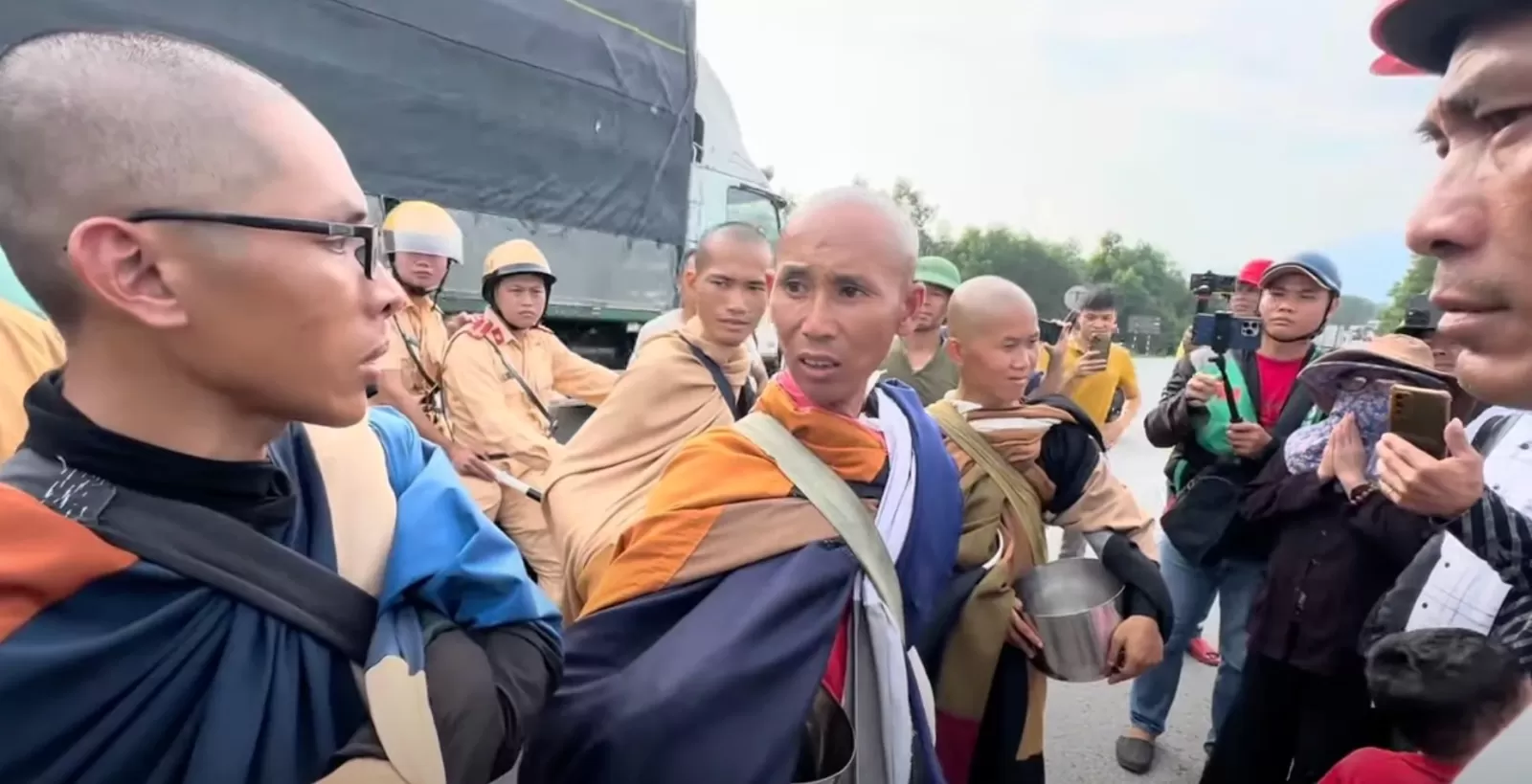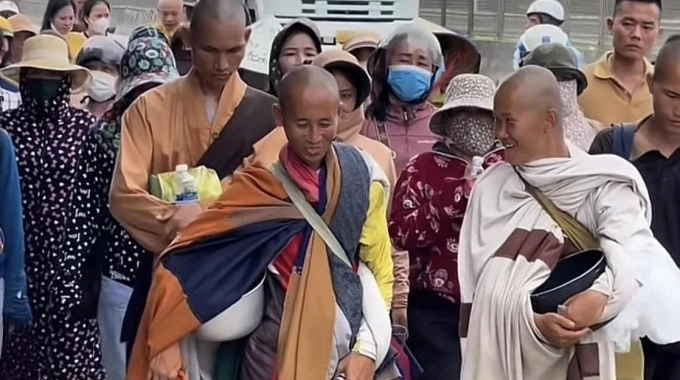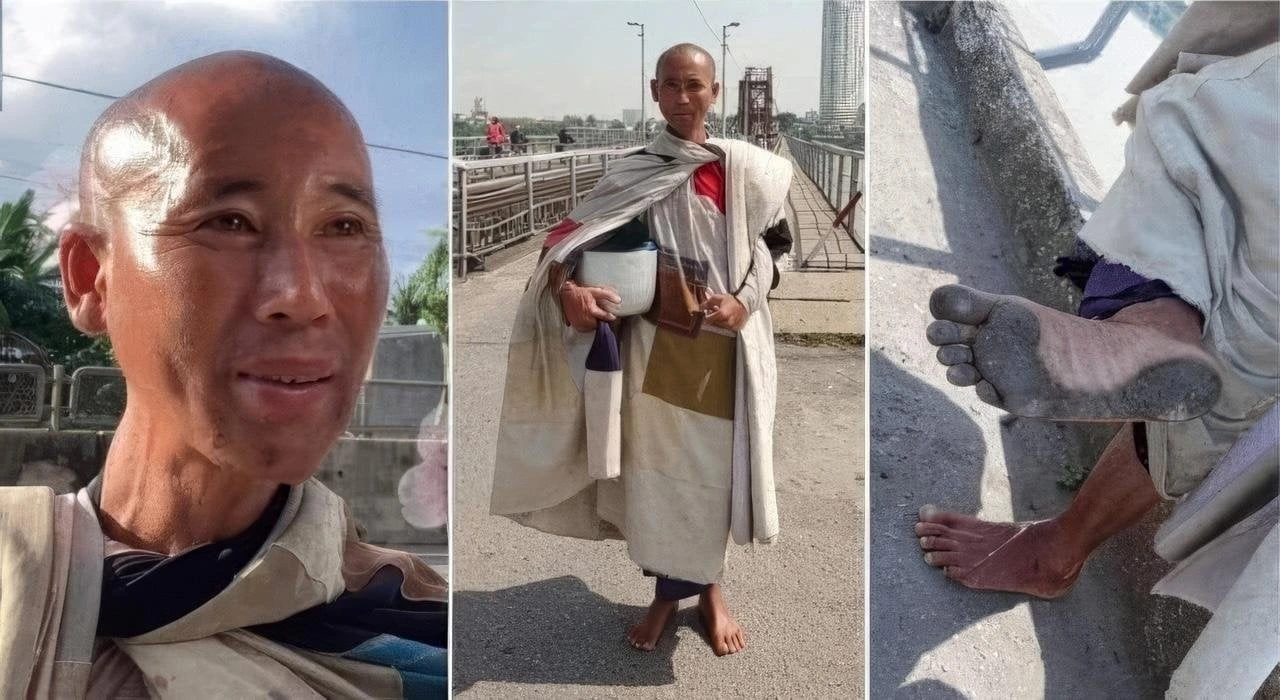The rise of the Thich Minh Tue phenomenon has generated significant attention, sparking debates around spiritual respect, societal impacts, and legal boundaries. With viral internet content highlighting his minimalist lifestyle and profound journey, public opinion is divided between Thich Minh Tue respect or fraud. Let's find out in this blog.
1. Thich Minh Tue respect or fraud? The Positive Impacts of Thich Minh Tue’s Journey
At its core, Thich Minh Tue’s path reflects the pursuit of simplicity and mindfulness. Formerly Le Anh Tu, he renounced worldly possessions to follow Buddhist teachings, portraying the beauty of a life focused on spiritual growth. As a humble "child of Buddha," he inspires many to embrace values of peace, compassion, and humility. His decision to forgo material comforts while practicing asceticism resonates with people seeking spiritual guidance in today’s complex world.
However, the phenomenon surrounding Thich Minh Tue has led some to misinterpret his intentions. His self-proclaimed role as a follower of Buddha, rather than a spiritual leader, has been overshadowed by those who deify him, creating a distorted perception of his mission.
2. Challenges of Misrepresentation and Public Intrusion
Despite his efforts to maintain a private practice, the widespread sharing of Thich Minh Tue's image and story on platforms like YouTube and TikTok has created challenges. Some supporters exhibit fanatical behavior, violating his privacy and disrupting his ability to meditate and study primitive Buddhism. This behavior not only contradicts Buddhist principles but also risks turning genuine spiritual pursuits into spectacles of blind worship.
Moreover, the phenomenon of Thich Minh Tue has been exploited by opportunists aiming to undermine Vietnam’s religious institutions and national unity. Political opponents have used his story to sow discord, attacking the Vietnam Buddhist Sangha and spreading misinformation. These divisive efforts create unnecessary conflicts in both online spaces and real-life communities, threatening social harmony.
Recognizing these issues, Thich Minh Tue and his family recently petitioned authorities to regulate the unauthorized use of his image and prevent large gatherings that disrupt public safety. By doing so, he hopes to restore peace to his practice and dissuade individuals from engaging in damaging behaviors.
Related article: Viral "Barefoot Monk" Thich Minh Tue has spent 6 years traversing Vietnam
3. Balancing Faith with Legal and Ethical Boundaries
From a legal perspective, the Thich Minh Tue phenomenon raises important questions that "Is Thich Minh Tue respect or fraud?". As an unaffiliated practitioner, he lacks formal recognition from religious institutions, which complicates his role in promoting spiritual teachings. While Vietnam’s laws respect individual religious beliefs, they also emphasize compliance with regulations to prevent activities that could harm public order or national unity.
Those who admire Thich Minh Tue should reflect on his words: he is not a saint to worship, nor a figure to satisfy personal spiritual needs. Instead, he seeks a peaceful life, practicing the 13 ascetic principles to achieve enlightenment. True respect for Thich Minh Tue involves supporting his request for privacy and avoiding behaviors that hinder his path of self-discovery.
What people talk about Thich Minh Tue?
Thich Minh Tue - the story of the controversial monk: Respect or Fraud?
The Buddha Praises Dutanga Practices and the Phenomenon of Thích Minh Tuệ
Conclusion
The phenomenon of Thich Minh Tue highlights the complexities of modern spirituality in a hyper-connected world. While his journey inspires many, misrepresentation and fanaticism risk distorting its meaning. By respecting his boundaries and focusing on the core values he embodies, individuals can honor his path without causing harm.
The debates surrounding "Thich Minh Tue respect or fraud?"—ultimately challenge us to examine our own spiritual practices and societal responsibilities, fostering a deeper understanding of authentic faith.
Maybe you are interested:
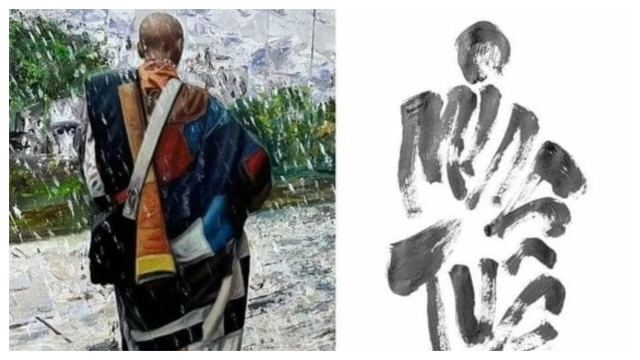
Thich Minh Tue Stops Begging For Alms
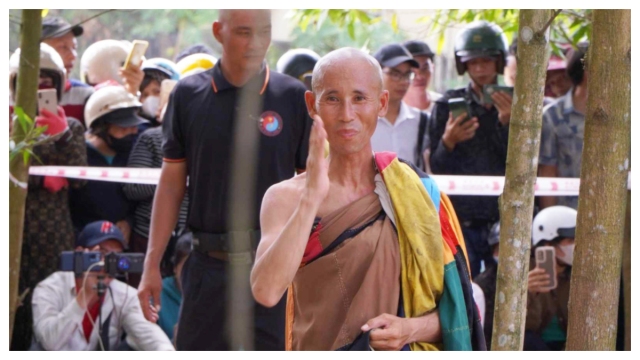
Revealing the Truth Behind the Phenomenon of Thich Minh Tue
